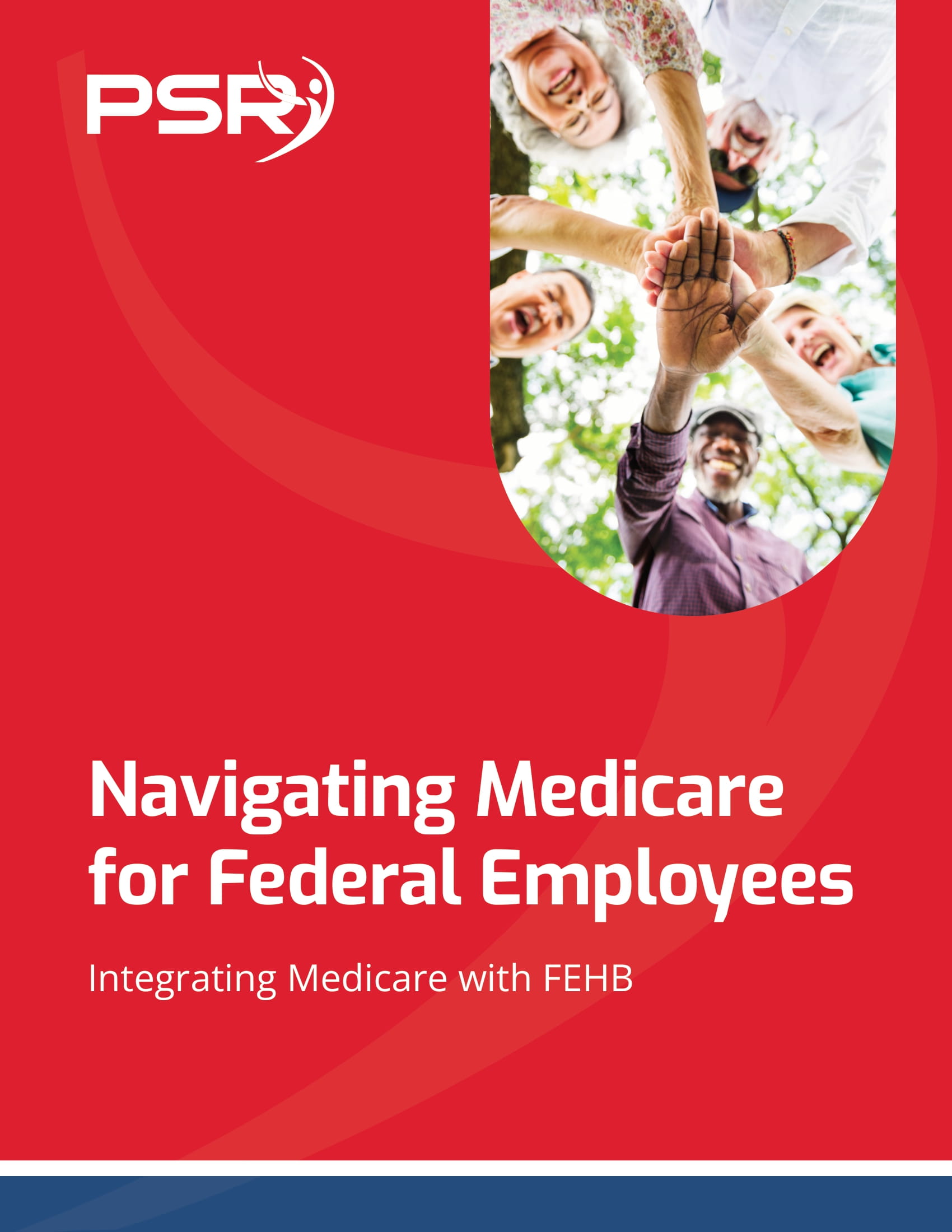A spousal IRA is a special kind of individual retirement account that allows a non-working spouse to open an IRA and enjoy the tax benefits that it offers. This type of account is particularly essential in a case where one partner loses their job. It’s also great in ensuring that a stay-at-home spouse has something saved to their retirement nest.
How Spousal IRAs Work
An individual can only contribute “earned income” to an IRA. So someone without an earned income will typically not be able to make contributions. However, with the spousal IRA, the partner who doesn’t have earned income can contribute to their IRA, as long as the other partner earns more than their contributions. It’s important to note that the spousal IRA isn’t joint since IRAs can only belong to one person by law.
The spousal IRA is also known as the Kay Bailey Hutchison Spousal IRA, after U.S. senator Kay Bailey, who championed its creation. It has been in effect since 1997.
- Also Read: Dental Plans Under FEDVIP Are Offering Better Coverage Than Ever—Why Federal Employees Are Taking Notice
- Also Read: 5 Things You Need to Know About Survivor Benefits as a Federal Employee or Retiree
- Also Read: How FEGLI Premium Changes Are Forcing Federal Employees to Reevaluate Their Plans
So a couple must report a taxable income of above $12,000 to max out their IRA accounts if they are less than 50 years old, or $14,000 and above if they are age 50 or older. Otherwise, the amount of contribution they can make will be limited by their income.
The spousal IRA can be either a Roth or a traditional IRA. It is subject to the same rules and restrictions below.
- Roth IRA: Money contributed to a Roth IRA is taxed immediately. So you can grow your income and make tax-free contributions until you withdraw it in retirement or pass it on to your heirs without any tax obligations.
- Traditional IRAs: Contributions to these IRAs are pre-taxed, which means they are not taxed until you start to make withdrawals in retirement.
Both IRA plans have their advantages and disadvantages. There are also some other limits to IRA accounts you should know to enable you to make the right decisions. For example, if you or your spouse has a 401(k) plan or any other retirement plan, the deductibility of contributions to a traditional IRA can be limited or eliminated. But if neither spouse has a workplace plan, then the contributions will be tax-deductible.
If you exceed the income limits for IRAs and cannot open and contribute to Roth IRA, you can consider using the backdoor Roth IRA. Like most IRAs, you can make contributions from January 1 of the said year to April 15th of the following year.
Conclusively, the spousal IRA is a valuable strategy to get your non-working spouse access to a retirement plan. However, it has one lone rule, which requires that the working spouse’s earned income exceeds their contribution amount.












